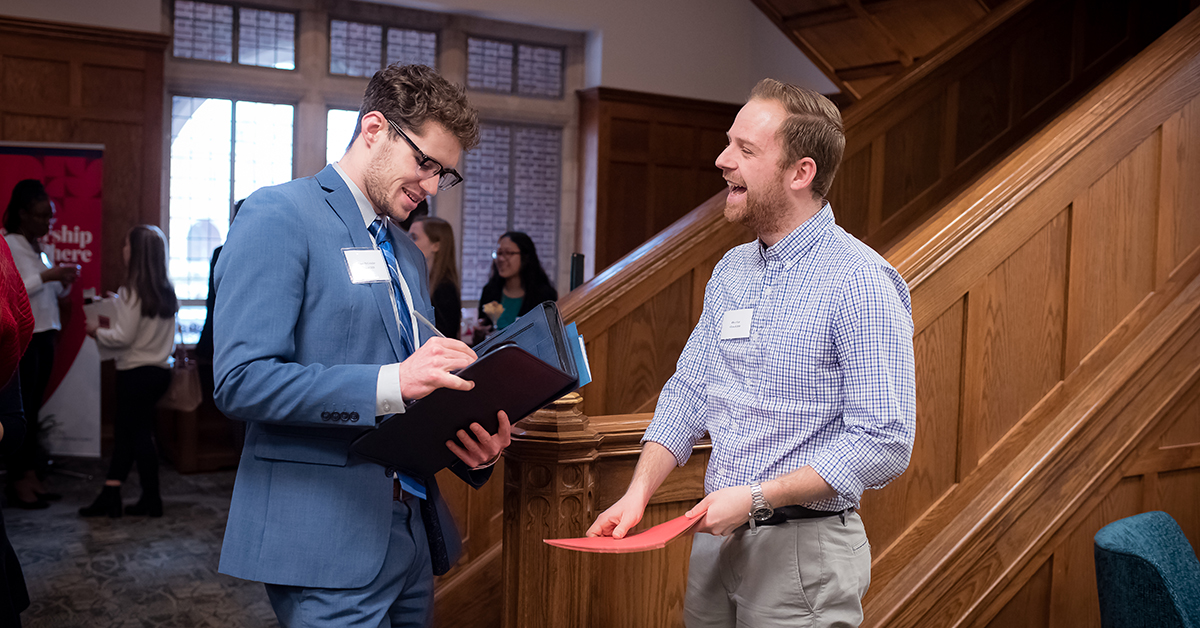
I recently spent a bright, sunny morning sitting outside a coffee shop waiting to meet one of the Jepson School of Leadership Studies’ many generous alumni. As I prepared for the meeting, my thoughts turned to philanthropy—hers and that of so many generous donors who have made the Jepson School so special. I’m grateful to know them and grateful for their support.
My goal as dean of the Jepson School is to be able to say yes to all the good ideas of the faculty, staff, and students. Most of the time I succeed, in large measure because of the generosity of our parents, alumni, and special benefactors.
Is there a connection between leadership and philanthropy? A quick review of historically important generosity (think of Andrew Carnegie, Andrew Mellon, and Bob and Alice Jepson) suggests the two are tightly connected. If, as we think of it in the Jepson School, leadership is a process of influence, then philanthropy is a form of leadership.
The gift Bob and Alice gave to found the Jepson School changed the landscape of higher education in America. Other gifts to the School, though on a smaller scale, nevertheless represent a form of leadership.
Of course, this connection raises additional questions. Some philanthropists have very specific goals they hope to achieve through their philanthropic efforts. At the Jepson School, we are presently promoting our Profile-Raising Initiative to help potential employers and thought leaders connect Jepson with LEADERSHIP and better understand the skills and talents of our graduates. Donors who wish to support that specific goal are most welcome!
Sometimes, as recent scandals have reminded us, the desired influence is more akin to a personal favor. That sort of self-serving “philanthropy” raises all sorts of ethical red flags. The trading of favors through a gift to a coach, counselor, or any other staff member is simply unacceptable.
In higher education, the favor may take the form of admission to an elite school, control or influence over the curriculum, or circumvention of hiring practices. In such cases, it is important for the institution’s leadership to recognize the red flags and be willing to say no.
Fortunately, philanthropy directed towards the Jepson School has been of the former sort, rather than the latter. Our alumni and other supporters are excited by what we are attempting to achieve. Whether in support of the EDGE Institute, the Profile-Raising Initiative, or an endowed chair, they step up and continue to help us raise the bar for excellent teaching, scholarship, and student and alumni achievements.
In my view, they are all ethical leaders, influencing the future without trading for favors. And that’s a good thing, because their support ensures we can continue to be the world’s best leadership studies school!
Photo: Student Liam McGrinder, ’20, left, chats with alumnus Oliver Lee, ’16, right, during the Jepson School’s EDGE Institute, an alumni-sponsored professional development program for students.
